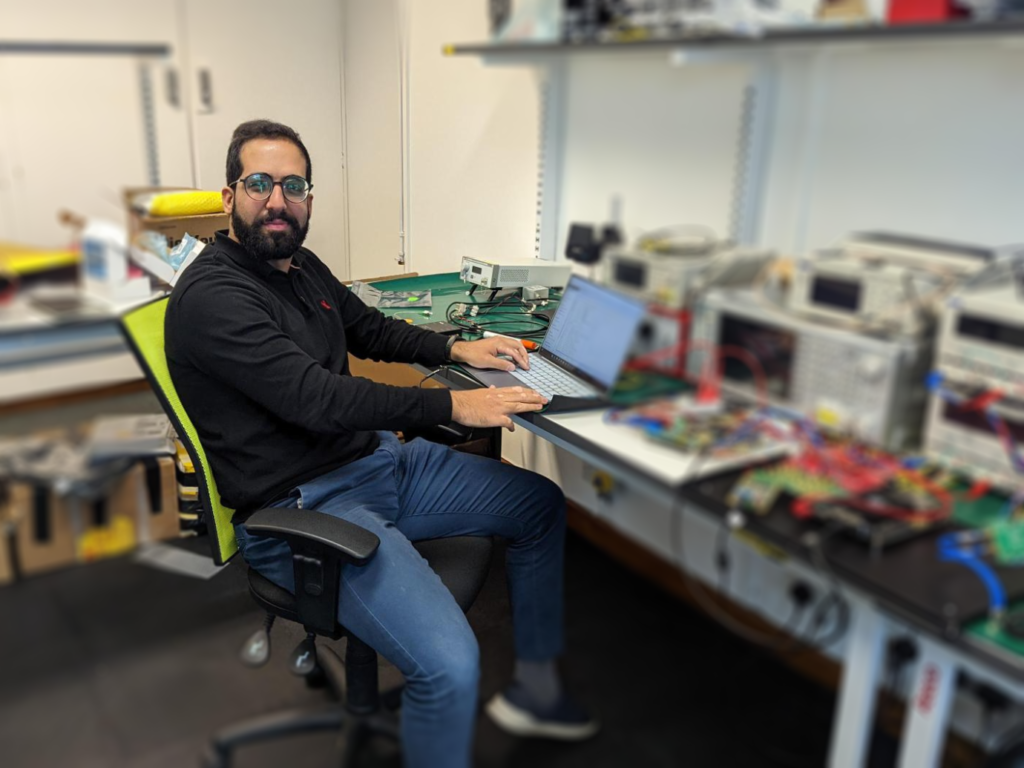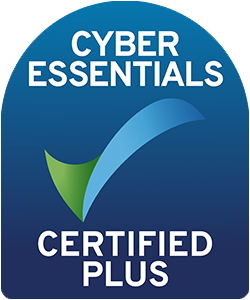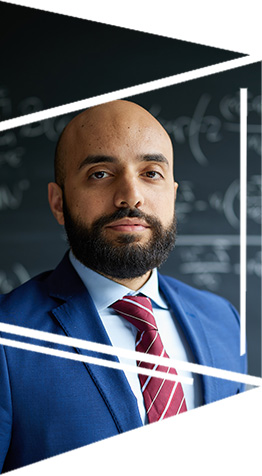Meet Daniel Eskander, Junior Electronics Engineer at Quantum Dice. Discover how an early interest in electronics, sparked by an engineer cousin in a family of doctors, shaped his career path. Daniel explains why working on new and cutting-edge technology is important to him and how his focus at Quantum Dice has evolved from mechatronics engineering to firmware. Daniel also shares practical advice for aspiring electronics engineers.
What initially sparked your interest in electronics engineering?
I come from a family of medical doctors, so when I was young, there was somewhat an implicit pressure to go into the medical field. But there was one person in my family who wasn’t a doctor—an older cousin who was an electronics engineer. He was always working on really cool projects, like building drones and steering wheels, for example. As I was growing up, I often visited his house and got to play with the things he had built. This really inspired me, and I decided to pursue engineering.
What training and qualifications did you do to help you pursue a career as an electronics engineer?
I completed a bachelor’s mechatronics engineering degree at Ain Shams University in Cairo. Mechatronics covers both mechanical and electronics engineering, so it gives a good breadth of knowledge and skills. While studying I also completed an internship at Siemens which was a good learning experience. I also did some non-engineering related jobs during university such as a technical sales job for a solar panels company in the US which were also important to develop other skills like communication.
What interested you about the Junior Electronics Engineer role at Quantum Dice?
For my first job after graduating, I wanted to join a start-up and work on something new. This is what compelled me to apply for the role at Quantum Dice. In large companies, you often become focused on a specific aspect of the work, but at a start-up like Quantum Dice, you have the opportunity to work on a wider range of projects and you get to experience the bigger picture.
...At a start-up like Quantum Dice, you have the opportunity to work on a wider range of projects and you get to experience the bigger picture."
Can you tell us about the first project you worked on at Quantum Dice?
The first project I worked on was the mechanical assembly of the first PCIe QRNG. It was a challenging but interesting project, as there were many components to assemble in such a small, fixed space, which required us to do a lot of 3D modelling and analysis.
How has your area of focus evolved since you joined?
When I first joined, my focus was on mechanical engineering. Then, for a while, I worked on both mechanical and firmware. Now, I primarily focus on firmware, working closely with our Senior Electronics Engineer, Hamid, who is an expert in this area. I’m grateful for the opportunity to have worked in both fields, as it gave me a broader perspective before specialising in what I wanted to do. I’m particularly enjoying my current focus on firmware because it requires a lot of problem-solving and creativity, making it an interesting area to work on.
I’m particularly enjoying my current focus on firmware because it requires a lot of problem-solving and creativity, making it an interesting area to work on."
What are some of the biggest challenges that you face in your role?
One of the biggest challenges in my role is integrating the various layers of the engineering system. But beyond that, it’s also essential to gain a deeper understanding of how the various aspects interrelate with the specific area that I’m focused on. The challenge lies in recognising how each of these components influences one another and how they collectively impact the work I’m doing.
What are the most enjoyable parts of your job?
I like that we do a lot of research, as it provides many opportunities to come up with new ideas. I also appreciate the variety in my day-to-day work—every day is different. Some days involve working on multiple small tasks across different projects, while other times I’m focused on a single, complex project for weeks.
Can you share some advice for budding electronics engineers?
Always try to learn new things and maintain a mindset of continuous learning. For instance, you could take online courses alongside your studies or work. Also, take advantage of the experience of senior colleagues or more experienced people around you—there’s so much to learn from them. Finally, embrace challenging projects, as the most difficult tasks often offer the most valuable learning experiences.
...Embrace challenging projects, as the most difficult tasks often offer the most valuable learning experiences."
Further your career with Quantum Dice
If you’ve been inspired by Daniel's career journey and you are interested in learning more about opportunities at Quantum Dice, please take a look at our current vacancies.
